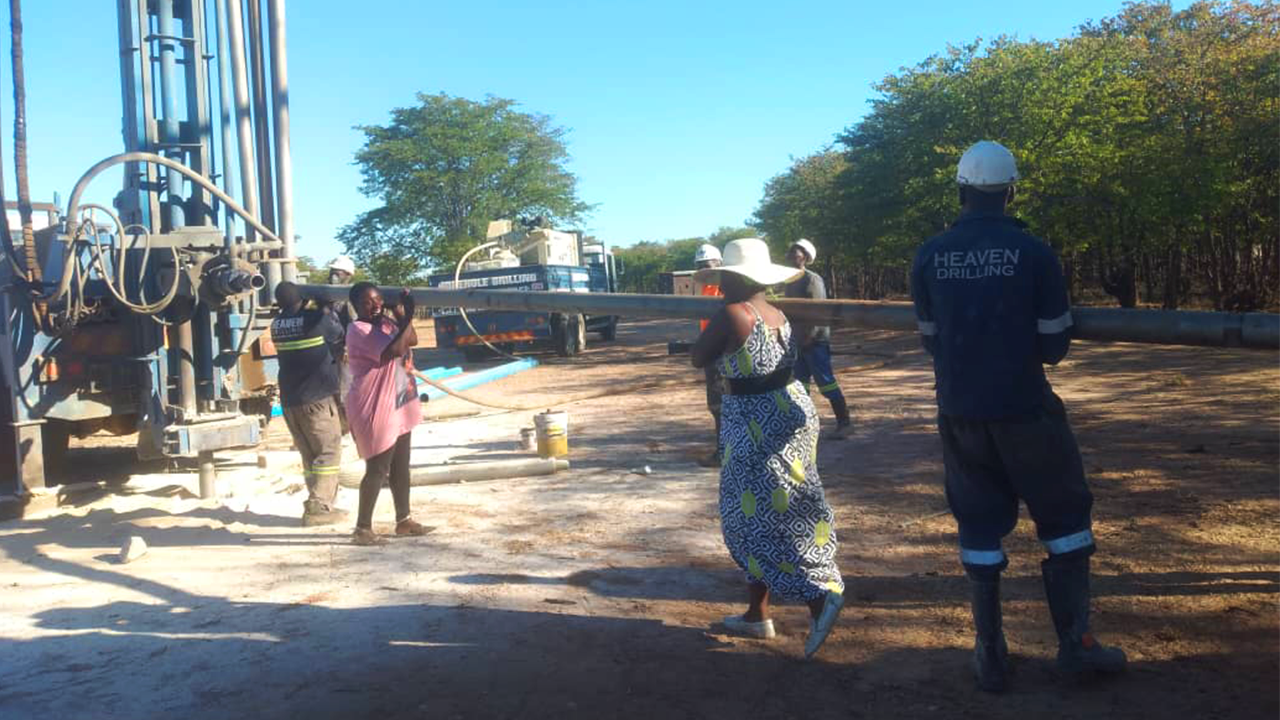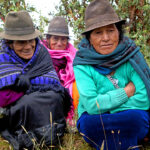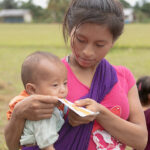
ZIMBABWE
Over 40% of Zimbabwe’s population lives in extreme poverty. Access to safe drinking water and sanitation remains problematic for many of these people, especially those living in rural areas. Amid the COVID-19 crisis, the country experienced severe water shortages due to recurring droughts and failure to treat the little available tap water. It is forcing residents to collect water from unsafe sources and overcrowded boreholes.
Precious Nyadongo represents a group of Zimbabwean women known as Sisters Connected Trust that needed $3800 to complete a borehole in Nketa-9, a rural community near Bulawayo home to 800 people. Coincidentally, the Fyera Foundation had raised $3989 on behalf of The Waterbearers, so we requested the funds be allocated to complete this project. The borehole and water storage tank provides clean water for more than half the community. With regular access to water, women and girls no longer have to walk long distances and stand in long lines for hours to collect water. Precious shared her news with others, like Mavis Nkomo in Seafield, a rural community 120 km away. The Fyera Foundation funded a solar-powered borehole to bring water to 1000 people. The Waterbearers installed a drip irrigation system so the community could grow crops. A few weeks after completing the Seafield installation, Mavis Nkomo, a 73-year-old grandmother and community leader, passed on March 23, 2021, one day after World Water Day.
April 2021. Thanks to donors who supported The Waterbearers’ World Water Day fundraiser on March 22 and to Precious Nyadongo in Zimbabwe, who brought another community in need of clean water to our attention. The Waterbearers installed a third solar-powered borehole in Battlefield, impacting more than 2000 people. Reaching the underground water source is a costly undertaking that most rural communities cannot afford. The drilling machine had to cut through several layers of granite and bedrock to get to the groundwater 140 meters (500 ft) down.
Before the borehole, Sukoluhle, a 35-year-old mother of three, walked 15 km (9 miles) to fetch water from the river. She used to do this twice a day.
The water was unsafe to drink, and people often got sick, and the nearest healthcare center is 20 km away. I am beside myself with joy! Getting water is easy now that I don’t have to walk so far, and I have more time to be with my children. My dream is to empower others, and I want to thank The Waterbearers for helping to make this a reality.
June 2021. The Waterbearers installed two more boreholes in Garamtata and Thula village in Maraposa. These wells eliminate the need for young girls to walk 20 km a day to fetch water and impact the lives of 3600 people. A drip irrigation system has been installed in Thula village as part of our Ripple Effect seed program, yielding ground nuts and kale.
These events are part of The Waterbearers’ Ripple Effect plan to enable communities to become more self-reliant. Sustainable development includes growing nutritious crops for their health and well-being and selling the excess produce to pay for their children’s education. In the past, this would not have been possible for girls as they were charged with walking several miles a day to fetch water. Now that they have wells closer to home, they no longer have to walk long distances and have time to be productive and study.




Leave a Reply